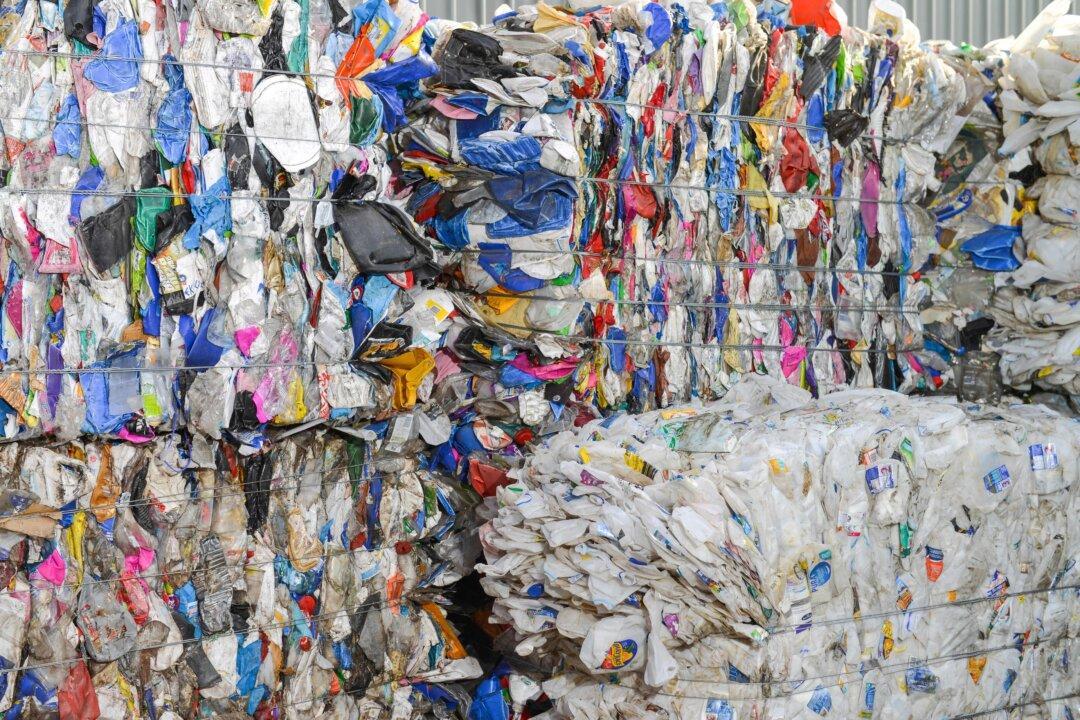An Australian think tank has called for the federal government to adopt an EU (Europe Union)-style plastic tax, claiming it would help the country deal with its plastic waste problem.
According to the Australia Institute, Australians consume around 3.8 million tonnes of plastic every year, with a projected annual consumption of 10 million tonnes by 2050.





